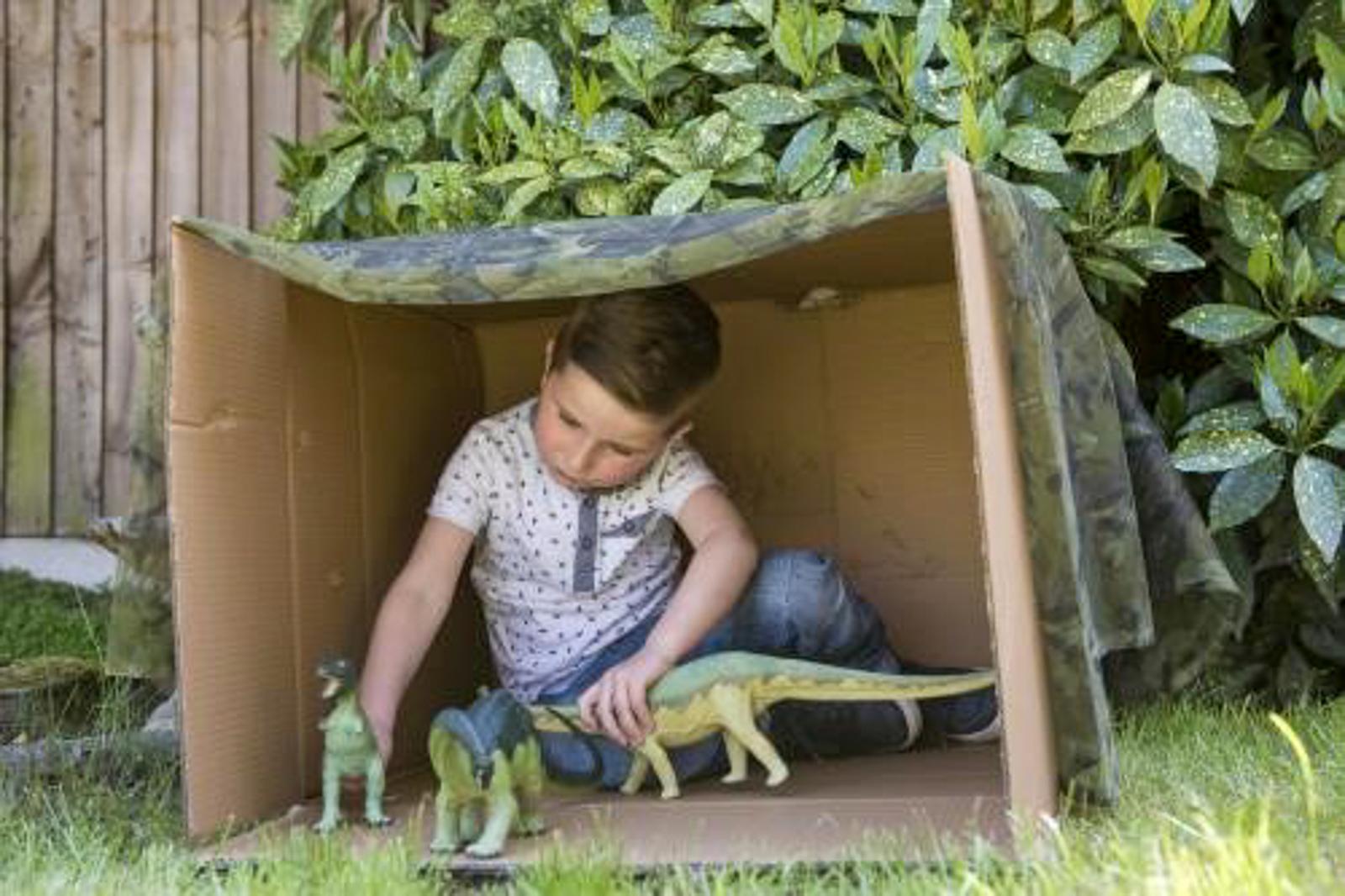Home Learning
“Home learning is everything that children experience with their ‘family’ that positively influences their development and lifelong achievement.”
Home learning builds on and extends your child’s cultural capital.
Did you know?
- The human brain is unfinished at birth. A baby’s brain develops at an astonishing pace; it has only formed by 25% at birth, by the age of three it is 80% developed therefore between birth and three the nurture and motivation we provide our children has a great impact.
- How parents relate to their children from the moment of birth and the activities they do with them inside and outside the home has a major impact on children’s social, emotional and intellectual development.
There is some interesting information on this website, about the way your babies brain develops and how you can support your child’s healthy development.
How you interact with your child, and the experiences you share- inside and outside your home, has a major impact on your child’s future success.
Research shows that parents who:
- Are responsive to their babies and young child’s needs
- Talk and play with their babies and young children
have a positive influence on their child's education, right up to 16-years-old.
More information about this can be found here at Norfolk.gov/what-is-home-learning
All parents can improve their child's learning and life chances. There is no need for special training. Daily life and routines offer daily learning opportunities.
‘The Early Years Foundation Stage (EYFS)
sets the standards that all early year’s providers must meet, to ensure that children learn and develop well and are kept healthy and safe. It promotes teaching and learning to ensure children’s ‘school readiness’ and gives children the broad range of knowledge and skills that provide the right foundation for good future progress through school and life.’
PG5, Statutory framework for the early year’s foundation stage, DfE
There is a useful parents guide to the Early years foundation stage called; ‘What to expect when’ This document will help you to find out more about how your child is learning and developing during their first five years, in relation to the EYFS.
Mums and Dads

Mums and dads are the first and most important influence on their child’s development and future outcomes.
The interactions that take place in your home environment, will have more influence on your child’s future achievement than innate ability, material circumstances or the quality of an early years or school provision.
The role that you play in supporting your child’s development is key to making a difference in their developmental outcomes.
From the time your child awakes- to the time they finally drift off to sleep; the talking and learning that has taken place between you both and the experiences that you have shared together, has helped to extend and strengthen your child’s learning and development. The world around you is a rich (and often free) learning resource for you and your child to explore and enjoy together.
Simple easy and cheap ideas for you to try out with your child at home.
There is no need for expensive toys, it really is true that a cardboard box is often more fun than the contents within; and the most exciting play for a baby or toddler or young child is with you, their parent. Furthermore, children whose mums and dads play, talk, sing and read with them do better at school.
Further tips and activities can be found on:
Hungry Little Minds
Twinkl
BBC CBeebies
We would love you to share with us, your child’s learning journey at home, please feel free to e-mail any pictures, creations or milestones, that you would like to share with us. Which we can either display on the walls at preschool or be put into your child’s Learning Story’s.





